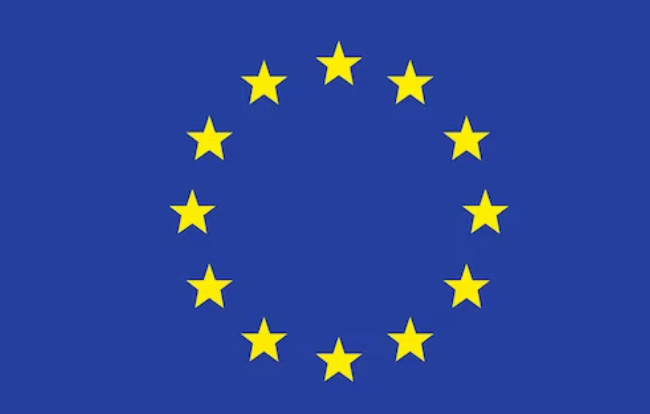$NATO $EURUSD $LMT
#Europe #NATO #Ukraine #Geopolitics #Defense #Markets #Investing #Economy #Forex #Military #Security #MunichConference
Europe is at a pivotal moment as concerns about geopolitical stability and security in Ukraine intensify. During the Munich Security Conference, European foreign ministers emphasized the critical need for a unified stance regarding Ukraine’s potential NATO membership. The situation carries immense economic and financial implications, particularly for defense-related industries and European markets, as volatility persists amid continued tensions with Russia. As European policymakers deliberate their strategy, investor sentiment remains closely tied to NATO-related developments, driving fluctuations in defense stock prices such as Lockheed Martin ($LMT) and influencing European currency movements ($EURUSD).
The economic consequences of NATO expansion extend beyond military alliances, impacting global markets, investments, and defense spending. Increased commitment to Ukraine would likely lead to higher defense budgets across Europe, benefiting defense contractors and military technology firms. Stock prices of companies involved in security and military infrastructure could see upward momentum as nations ramp up defense procurement. Simultaneously, heightened geopolitical uncertainty may weaken the euro ($EURUSD), as investors shift towards safe-haven assets such as the U.S. dollar and gold. Markets remain sensitive to rhetoric from European leaders, with any signals of stronger NATO commitments influencing financial instruments tied to European stability.
Energy markets also factor into the equation, given Europe’s reliance on Russian gas and the broader implications of prolonged conflict or sanctions. Rising geopolitical tensions could threaten energy security, leading to price surges in natural gas and oil, with ripple effects on inflation and economic growth. European economies are already contending with inflationary pressures, and any expansion of sanctions related to Ukraine may exacerbate these challenges. Meanwhile, the broader equity markets will react sharply to shifts in diplomatic relations, corporate earnings forecasts, and central bank policy responses. Investors are closely monitoring how European unity—or lack thereof—affects risk appetite in financial markets.
Ultimately, Europe’s stance on Ukraine’s NATO future holds far-reaching implications for global markets, from equities to forex to commodities. Any perceived divisions within European leadership could introduce further uncertainty, impacting investor confidence and regional economic forecasts. Defense stocks and military technology firms stand to benefit from increased defense commitments, while currency markets will respond to geopolitical risk assessments, central bank policies, and trade considerations. Financial and geopolitical analysts alike continue tracking developments in Munich, as the decisions made today will shape Europe’s economic trajectory and security posture for years to come.







Comments are closed.